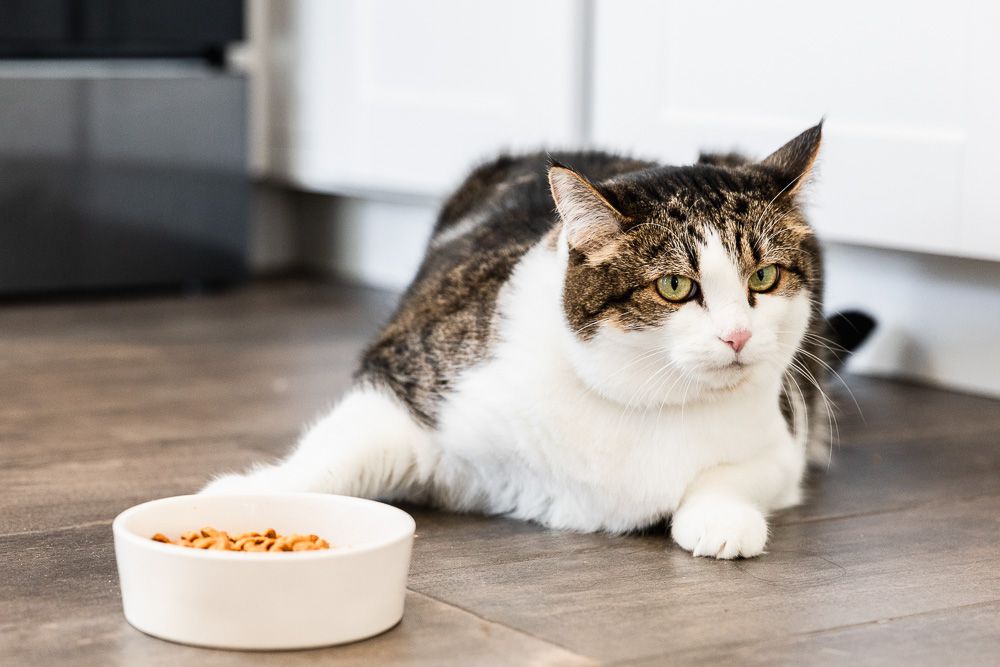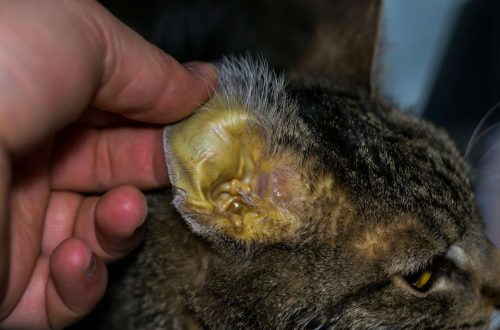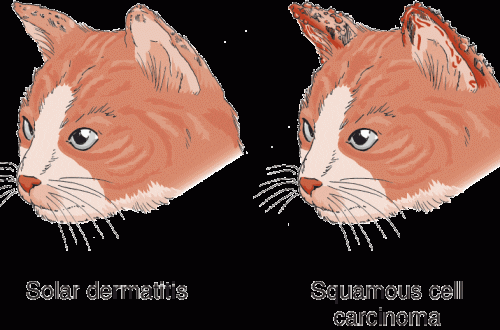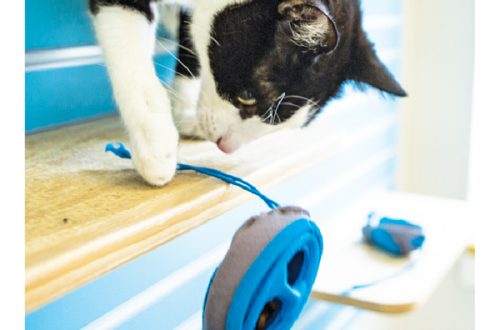
The cat does not like food: why it happens and what to do about it
Cats are notorious picky eaters, but their eating habits can be more than just whims. We find out why the pet refuses food and how to help him.
Contents
Cat won’t eat new food
Even if you have chosen the perfect food for your cat, it may not immediately appreciate it. As a rule, indoor cats are stressed by changes, and sudden changes in nutrition put a strain on their digestive system. The situation is even more complicated when the new diet is not as diverse as before – for example, if the pet needs to lose weight or prevent the development of allergies.
What to do. Learn in advance all the rules for the transition to a new diet. This will take at least seven days. During this period, you need to combine old and new food, monitor the temperature and texture of the food, and choose the right way to encourage treats.
Cat won’t eat dry food
The smell and taste of dry food is less pronounced than that of wet food, so the cat may initially ignore it. The same problem arises when switching to a higher-class food with natural ingredients – unlike budget options, it does not contain flavor enhancers and flavors.
Refusal of dry food can also cause problems with the oral cavity, especially in older animals. If the pet asks for food, but then does not touch the bowl, it may be painful for him to chew on solid pieces of food.
What to do. When switching to a new food, be patient and follow the previously learned rules. Check the condition of your pet’s teeth and gums – perhaps he needs treatment or a transition to a more gentle diet. Watch the expiration date of the food and do not buy too large packages: their contents quickly oxidize and start to taste bitter.
The cat refuses to eat
An alarming situation occurs when a cat suddenly stops eating already familiar food and does not even respond to treats. This may happen for the following reasons:
- Diseases range from toothache and intestinal infections to pancreatitis and kidney failure.
- Medical procedures – loss of appetite is considered one of the side effects of vaccination, and after operations with anesthesia, the cat may not eat for up to two days.
- Changing the environment – rearranging furniture, repairing, moving, traveling. In the last two cases, the cat may also feel sick from motion sickness in a car or plane.
- Psychological problems – stress, lack of attention, conflicts with family members and other pets.
What to do. Consult your veterinarian as soon as you notice changes in your cat’s eating habits. The faster you respond to a problem, the more chances there will be for its favorable resolution.
The cat is picky about food
It happens that a cat is absolutely healthy and just as capricious: one day it pounces on food, and the next does not even touch it. Similar behavior can be seen in kittens that have not yet formed eating habits.
What to do. Test food in different formats, textures and flavors. Be sure to reheat wet food to enhance the flavor. And in order not to get confused in the preferences of your pet, start a food diary and rate all applicants.





